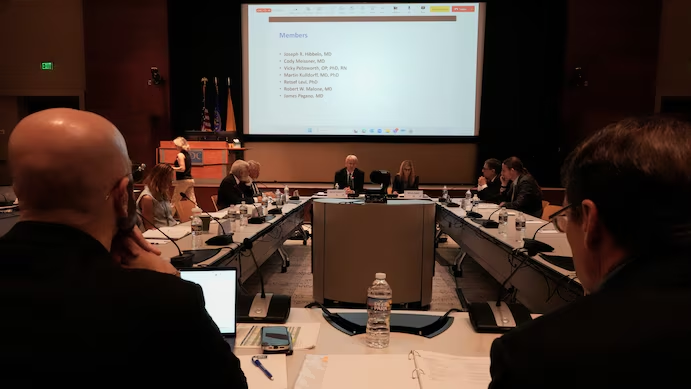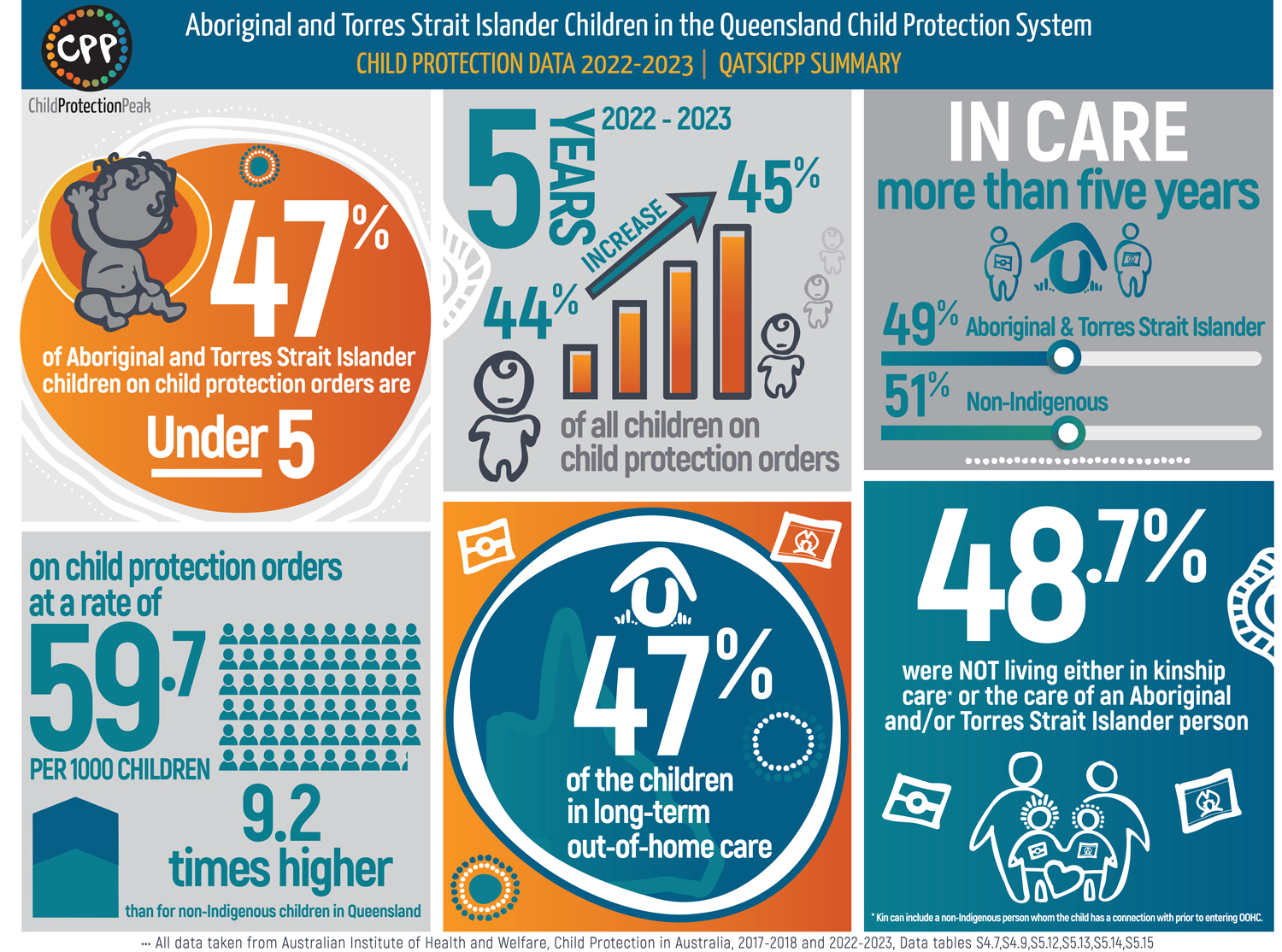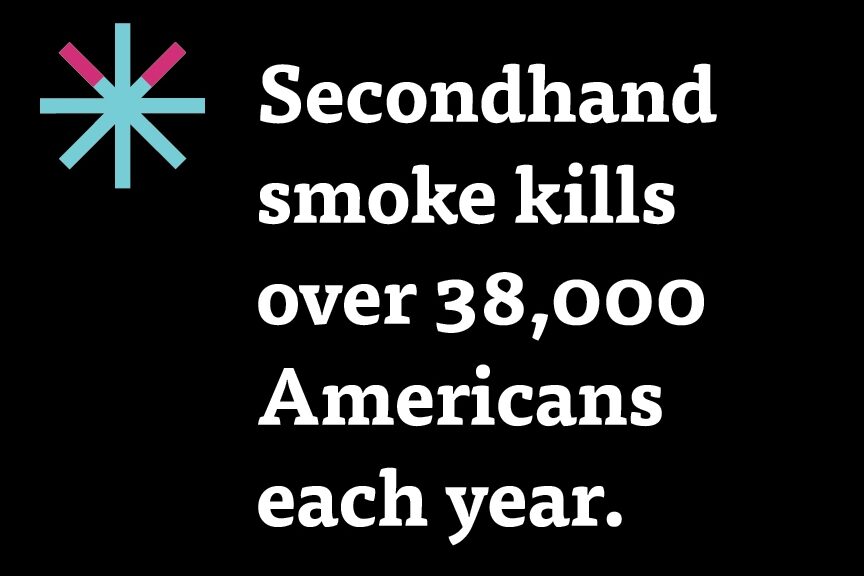Political Overhaul Triggers CDC Vaccine Widespread Concern
CDC Vaccine
Health Secretary Robert F. Kennedy Jr. recently caused shake up by stop all seventeen members of the CDC’s Advisory Committee on Immunization Practices. He then appointed a seven‑member panel, including individuals with histories of vaccine skepticism. This abrupt change has left pediatricians and public health experts deeply uneasy, as the committee is now set to re‑examine vaccine guidance long considered settled.
Although Kennedy defended by asserting the need to “restore public confidence,” critics argue that the purge has instead dismantled institutional trust. As a result, the American Academy of Pediatrics announced it will now publish its own childhood vaccine schedule, distancing itself from what it described as a “no longer credible” ACIP process.

Reviewing Long-Settled CDC Vaccine Policies
Two key agenda items worry experts: a review of the cumulative impact of childhood immunizations and a reassessment of long-standing vaccines such as hepatitis B and those containing thimerosal. Critics view this as an unnecessary re-litigating of evidence that has already been affirmed by decades of research .
Meanwhile, the new ACIP is taking a cautious—or in the view of opponents, a revisionist—approach. Committee chair Martin Kulldorff, a known COVID‑19 vaccine critic, has signaled that the group will rigorously review vaccine safety protocols and immunization schedules.
Pediatricians Warn of Public CDC Vaccine Health Fallout
Leading pediatric associations have expressed alarm over the shift. Doctors warn that revisiting well‑established science may feed vaccine hesitancy, lower childhood immunization rates, and potentially trigger outbreaks. One pediatric leader told about the overhaul as “sparking untrusted at a delicate time” .
Moreover, former ACIP members and CDC scientists have criticized the panel’s composition and process. They noted that the abrupt changes, including removal of previously scheduled votes on critical vaccines, reflect confusion rather than improvement.
RFK Jr.’s Approach Marks a CDC Vaccine Turning Point
Unlike previous health leaders, Kennedy has wielded his authority to reshape ACIP extensively. While he claims this strengthens vaccine safety, detractors argue it politicizes public health.
Senator Bill Cassidy, who voted for Kennedy’s confirmation under the promise that ACIP wouldn’t be unbanded, has since demanded a delay of ACIP meetings, calling the panel now “less qualified” and prematurely configured.
Future Agenda: Uncertain and Controversial
As the newly appointed ACIP proceeds, observers will track decisions on several contentious topics: the cumulative safety of the childhood vaccine schedule, the presence of thimerosal, updated influenza recommendations, and maternal/pediatric RSV vaccination.
The panel’s next steps may have sweeping effects on immunization policies, insurance protocols, and school‑entry regulations.
Restoring Credibility with Clear Procedures
Medical experts are urging transparency and clarity. Key demands include independent conflict of interest, evidence‑driven reviews, and open consultations with healthcare stakeholders. Unless addressed, the shake-up risks eroding decades of vaccine confidence.
Conclusion: A Critical Juncture for Vaccine Trust
The RFK Jr.-led overhaul of ACIP represents a pivotal moment in U.S. vaccine policy. While its long-term impact remains uncertain, one thing is clear: restoring public trust will require strict adherence to scientific rigo and an unwavering focus on child health—beyond political influence.




